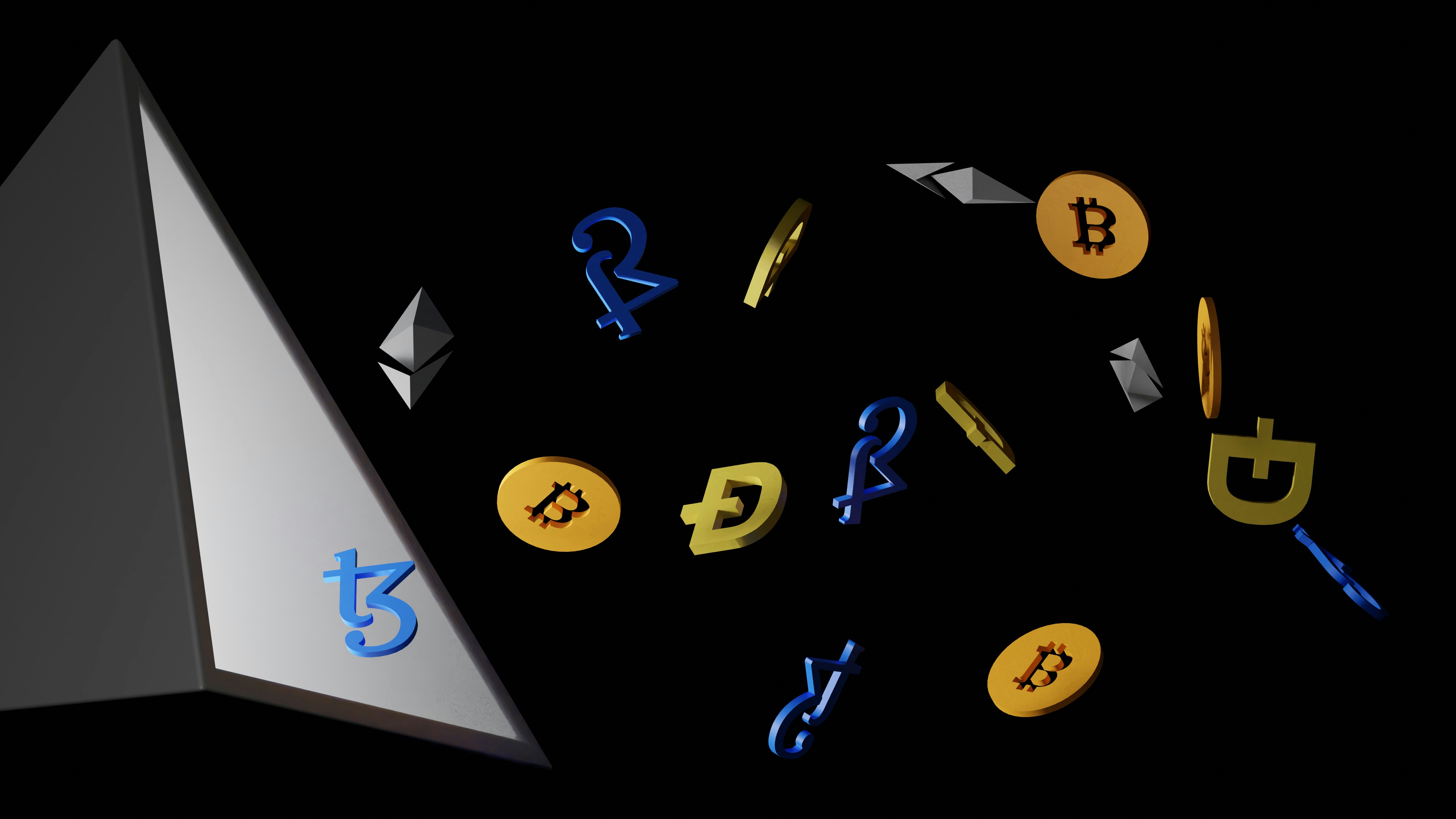Addressing disinformation should learn some things from financial markets
date
Feb 15, 2024
slug
2024-addressing-disinformation-should-learn-some-things-from-financial-markets
status
Published
tags
disinformation
blockchain
information integrity
markets
about
type
Post
ogImage
summary
If we treat information as a market like any other, some basics from solid arenas like financial services could come handy.

In the labyrinthine digital age, where disinformation proliferates with viral efficiency, safeguarding the sanctity of information becomes paramount. The concept of "armored information" emerges as a bulwark against the insidious spread of falsehoods, proposing a fortified approach to information integrity. This concept dovetails with the economic imperative to protect assets from devaluation—in this case, the asset being truth itself. As financial markets deploy sophisticated mechanisms to shield against fraud and misinformation, similarly, the information economy requires robust defenses against disinformation.
Enter blockchain technology, a paradigm of digital ledger technology (DLT) renowned for its pivotal role in the realm of cryptocurrencies like Bitcoin. Blockchain's allure lies in its decentralized nature, offering a transparent, immutable record of transactions. This characteristic, when applied to the dissemination of information, offers a tantalizing prospect for mitigating disinformation. By creating an indelible, verifiable record of information, blockchain can serve as a ledger for truth, ensuring that once a piece of information is verified and entered into the blockchain, its authenticity can be traced and confirmed, thereby armoring it against tampering and falsification.
The economic analogy here is solid: just as blockchain technology has introduced a new level of security and trust in financial transactions, its potential to safeguard information integrity is equally transformative. In the battle against disinformation, blockchain could act as a digital notary, verifying the provenance and accuracy of information before it becomes entrenched in the public domain. This mechanism not only enhances the credibility of information but also introduces a layer of accountability previously unattainable in the digital sphere. Hard to adopt? Think again. The world could come into major agreements like the World Trade Organization or the General Agreement on Tariffs and Trade (GATT). All players eventually sat down to discuss not because of their heart and pure will - it’s the money. And the (dis)information market could hardly be one with higher stakes.
However, the application of blockchain in combating disinformation is not without its challenges. The scalability of blockchain technology, its energy consumption, and the need for widespread adoption represent significant hurdles. Moreover, the economic implications of implementing such a system—costs of development, maintenance, and the potential impact on the speed of information dissemination—must be carefully weighed. Yet, the potential economic benefits, such as the reduction of costs associated with the spread of disinformation (legal fees, reputational damage, etc.), suggest a compelling case for exploration.
Furthermore, the concept of armored information, fortified by blockchain, aligns with broader economic principles of risk management and asset protection. In an era where information is as valuable as currency, protecting it from the corrosive effects of disinformation is not just a technological challenge but an economic necessity. The integrity of information directly impacts consumer confidence, market stability, and the broader socio-economic landscape.
Blockchain is not the way out of the current state of things in the disinformation market, nor is anything else alone. Finding a mixture is the key. As more elements are added to the recipe, it becomes harder for disinformation actors to succeed on a large scale. As the digital economy grapples with the dual forces of information proliferation and disinformation, the development of "armored information" through blockchain and other technologies, for example, offers a beacon of hope. Ethical and practical questions are certainly crucial points in order to, if not create a single reality for everyone (something philosophers have debated since the time of the ancient Greeks), at least establish boundaries, common agreements regarding the foundations of such reality. It’s the only way to make the public discourse available (and fully adopted).